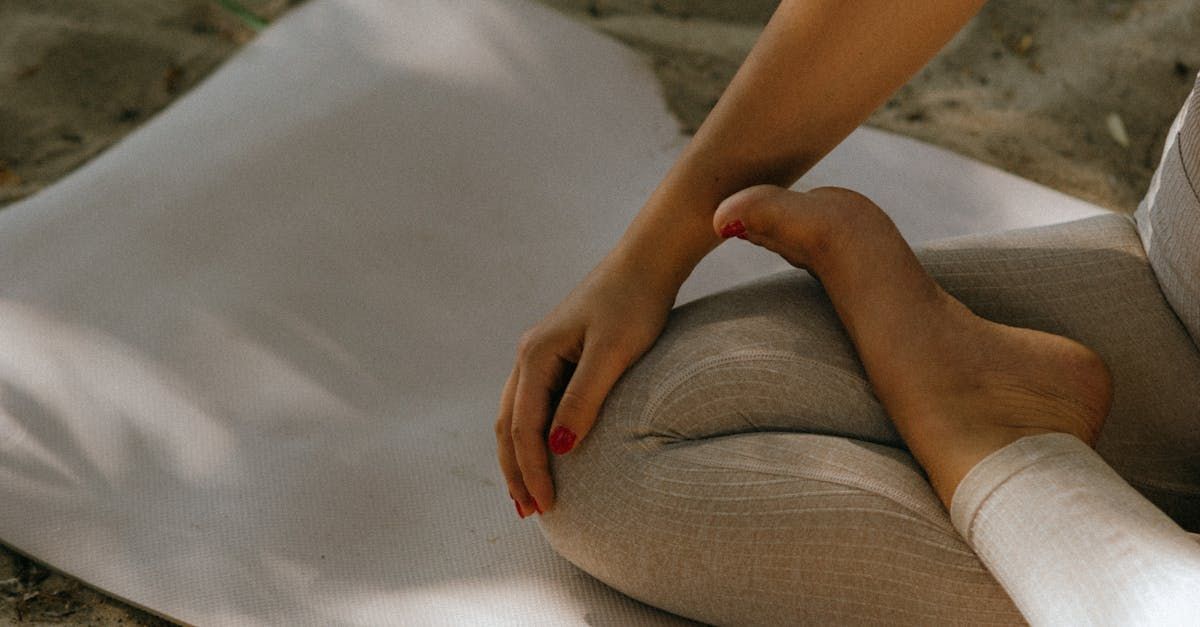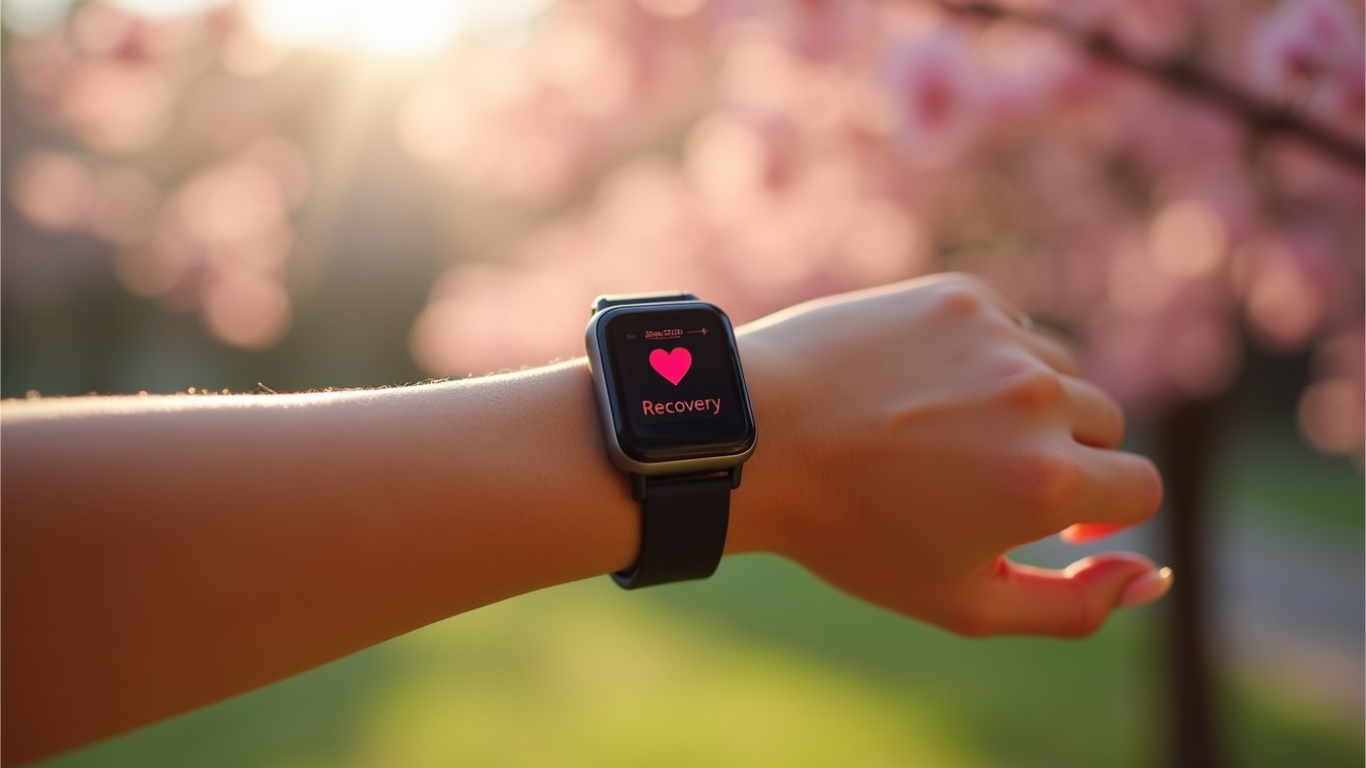Meditation: How (and Why) To Get Started
Healthcare can be costly, but what if we told you that one of the best ways to improve your health is completely free?
We're talking about meditation, which is one of the simplest science-backed ways to enhance your wellness. This is something nearly everyone can practice in as little as a minute a day, and it can help you feel better almost immediately.
Whether you take a mindful moment in the shower or while sweeping your floors, it's a wonderful way to tune into your thoughts, build self-awareness, and find peace on a chaotic or challenging day.
Interested in learning more about this powerful tool? Let's explore together.
What exactly is meditation?
You might have heard that meditation is about "clearing your mind." Many people believe they need to empty their head of thoughts in order to meditate—and because this feels nearly impossible, they become discouraged and give up.
The truth is that meditation isn't about clearing your head of thoughts—it's about paying attention to the thoughts you do have.
Imagine you're standing at a busy train station. Every train represents a thought. It's tempting to climb onto the train—follow the thought—or feel overwhelmed by the sights and sounds. It's also tempting to wonder where the trains are going, feel anxious about your destination, or worry about the trains other people are boarding.
Meditation is about simply watching the trains go by. You don't need to board any trains, reach any destinations, or go anywhere. You are simply observing those thoughts. Some describe meditation as turning your attention inward—in other words, becoming aware of the thoughts that are floating through your mind.
You've probably been in a meditative state of mind before while walking, peeling potatoes, or washing dishes. This is generally called "mindfulness." It could also be described as getting "in the zone" or "tuning into your thoughts."
What meditation is NOT
There are many misconceptions about meditation that prevent people from practicing. Many people think of meditation as something ultra-spiritual that involves sitting cross-legged and saying "ohm." And while this meditation practice exists, you don't have to do this to experience the benefits.
Meditation does not have to involve:
- Closing your eyes
- Taking expensive courses
- Using complicated apps
- Spirituality
Meditation looks different to different people—that's the beauty of it. The wonderful news is that you can practice in a way that feels best to you. If you're religious and would like to combine meditation with prayer, wonderful! If you'd like to use a meditation app, go for it! But if you don't, that's perfectly okay too.
Why is meditation important?
Meditation is most commonly used to manage stress. Stress reduction is essential for good health. Not only does it feel overwhelming in the moment, but it can actually contribute to long-term health conditions. For example, when left unmanaged, overwhelming stress can lead to depression and anxiety disorders.
Stress also elevates your cortisol levels. While this is normal occasionally, if your cortisol levels remain elevated for extended periods, it can directly affect your health. High cortisol levels cause your body to produce more cytokines, which are chemicals that create inflammation.
Stress can contribute to:
- Poor sleep
- High blood pressure
- Blood sugar issues
- Poor concentration
- Harmful changes in appetite
So, managing stress is one of the best ways to protect both your mental and physical wellness. Of course, stress is inevitable—we can't avoid it, nor should we! But learning to cope with stress in a healthy way can help keep those cortisol levels balanced. Effective stress management can improve your quality of life, supporting you in feeling both happy and healthy.
What does scientific research say about meditation?
Although meditation might seem a bit "out there," extensive scientific research has been conducted on meditation. And the results are encouraging—it works.
First, meditation does actually reduce stress, according to one review that looked at studies involving over 3,500 people.
Second, meditation seems to support those with diagnosed mental health conditions. The above-mentioned review concluded that meditation can improve symptoms of depression and anxiety. Another review found that transcendental meditation (TM), a specific form of meditation, reduced the symptoms of anxiety significantly. It also seems to help with post-traumatic stress disorder (PTSD), according to another review.
And your physical wellness can benefit from meditation, too. Meditation can reduce inflammation, according to one study that involved an eight-week meditation program. This makes sense, because we know stress increases cortisol, which increases inflammation.
Studies have revealed that meditation might support those with stress-related conditions such as fibromyalgia , irritable bowel syndrome , and insomnia. And, interestingly, it seems to reduce blood pressure in those with high blood pressure—a health condition that can contribute to various life-threatening issues.
And if you struggle with chronic pain, meditation might be helpful for that , too.
In fact, there's so much scientific evidence for the benefits of meditation that there are too many to list here.
What's the easiest way to meditate?
Much like exercise, meditation is best done consistently. Building a habit and practicing it every day seems to be beneficial, according to the studies mentioned above.
One way to build a meditation habit? Start with just one minute a day. Really!
Many of us feel intimidated by the idea of sitting down for ten minutes to meditate. You might worry that you can't sit still for that long, or you might have a packed schedule that makes it hard to find ten minutes to yourself. The wonderful news is that you don't need to meditate for long periods for it to be effective.
In Dan Harris's book "Meditation for Fidgety Skeptics," he suggests beginners start meditating for 60 seconds at a time. Pretty much everyone has 60 seconds of alone time each day, even if it's just when you're in the shower or just before you get out of bed.
What can 60 seconds of meditation do?
As Harris explained in an interview with NPR , this minute of self-awareness will help you realize how busy your thoughts are. You will probably notice how wild and continuous your thoughts can be. "We are having this nonstop conversation with ourselves about which most of us are unaware. But when you tune into it, you see how negative, repetitive, ceaselessly self-referential it is," he explained.
This helps us learn not to believe that nonstop voice inside our head, the one that can be negative, critical, or self-defeating. Instead of obeying that voice that says, "You should stay in bed today instead of getting in your daily walk," you can recognize it for what it is: just a thought.
And what's more is that 60 seconds of meditation a day helps you build a habit. Once you're comfortable with one minute of meditation, you can try two, three, five, ten—as much as you want—because you'll realize how valuable and accessible it can be.
There are other easy ways to meditate:
- Use a guided meditation on YouTube.
- Meditate while taking a walk: focus on putting one foot in front of the other, even if it's just up and down your house.
- Try mindful eating. Turn your attention to the sights, smells, and tastes of a cup of tea or piece of chocolate.
- Do mindful movement, like through a regular yoga practice.
- Focus on the feeling of your breath.
- Repeat a mantra that feels meaningful to you.
Feel free to experiment with different meditation styles until you find something you enjoy. The more enjoyable it is, the easier it is to maintain, but challenging yourself can be helpful, too. Alternatively, you can keep switching your meditation practice up to keep things interesting!
Meditating during difficult times
Saying you're too busy to meditate is like saying you're too hungry to eat or too tired to sleep: when it feels impossible, it's a sign that you really need to practice it. Meditation is most helpful to us in times of busyness and stress, so try to carve out a minute or two to tune into your thoughts.
You can meditate while:
- Sitting in traffic
- Lying in bed
- Commuting on public transportation
- Brushing your teeth
- Gardening
- Exercising
- Cleaning
- Cooking
Remember, you don't need to close your eyes to practice. Just give yourself a moment to listen to your internal world.
Here at Knew Health, we understand the value of tools like meditation. As a health sharing Community, we're not health insurance—we're something different. We're a group of like-minded individuals who support each other's wellness journey. Our Members appreciate having control over their healthcare choices, including integrative and alternative care options that resonate with their values.
Through our Self-Care Credit, Members can explore various wellness practices that support their overall health. With monthly contributions that are often more affordable than traditional insurance premiums, our Members find peace of mind knowing their Medical Needs may be eligible for sharing through our Community. We believe in empowering you to take charge of your wellness, and meditation is just one of many tools available on this journey.
Want to learn more about how our Community supports proactive wellness? Explore our Member Services to see how we're different from traditional healthcare approaches.
RESOURCE LIST
- Aman, M. A. et al. (2018). Evidence-Based Non-Pharmacological Therapies for Fibromyalgia. https://pubmed.ncbi.nlm.nih.gov/29619620/
- Bai, Z. et al. (2015). Investigating the effect of transcendental meditation on blood pressure: a systematic review and meta-analysis. https://pubmed.ncbi.nlm.nih.gov/25673114/
- Cearly, S. M. et al. (2017). Irritable Bowel Syndrome: The effect of FODMAPs and meditation on pain management. https://www.sciencedirect.com/science/article/abs/pii/S1876382017301014
- Goyal M, et al. (2014). Meditation programs for psychological stress and well-being: A systematic review and meta-analysis. DOI: 10.1001/jamainternmed.2013.13018
- Hilton L, et al. (2017). Mindfulness meditation for chronic pain: Systematic review and meta-analysis. DOI: 10.1007/s12160-016-9844-2
- Hilton, L. et al. (2017). Meditation for posttraumatic stress: Systematic review and meta-analysis. https://pubmed.ncbi.nlm.nih.gov/27537781/
- Martin, R. (2018). 'Meditation For Fidgety Skeptics' Offers Practical Advice For Stressed-Out Cynics. https://www.npr.org/transcripts/575167967
- Ong. J. et al. (2014). A Randomized Controlled Trial of Mindfulness Meditation for Chronic Insomnia. https://academic.oup.com/sleep/article/37/9/1553/2416992
- Orme-Johnson DW. (2014). Effects of the Transcendental Meditation Technique on Trait Anxiety: A Meta-Analysis of Randomized Controlled Trials. https://www.liebertpub.com/doi/abs/10.1089/acm.2013.0204
- Rozenkrans, M. A. (2013). A comparison of mindfulness-based stress reduction and an active control in modulation of neurogenic inflammation. https://www.sciencedirect.com/science/article/abs/pii/S0889159112004758
- Rusch HL, et al. (2019). The effect of mindfulness meditation on sleep quality: a systematic review and meta-analysis of randomized controlled trials. ncbi.nlm.nih.gov/pmc/articles/PMC6557693/
- Saaed SA, et al. (2019). Depression and anxiety disorders: Benefits of exercise, yoga, and meditation. aafp.org/afp/2019/0515/p620.html
- Shi L, et al. (2017). Meditation and blood pressure: A meta-analysis of randomized clinical trials. https://journals.lww.com/jhypertension/Abstract/2017/04000/Meditation_and_blood_pressure__a_meta_analysis_of.5.aspx
Disclaimer: This information is being provided to you for educational and informational purposes only. It is being provided to educate you about how to take care of your body and as a self-help tool for your own use so that you can reach your own health goals. It is not intended to treat or cure any specific illness and is not to replace the guidance provided by your own medical practitioner. This information is to be used at your own risk based on your own judgment. If you suspect you have a medical problem, we urge you to take appropriate action by seeking medical attention.










